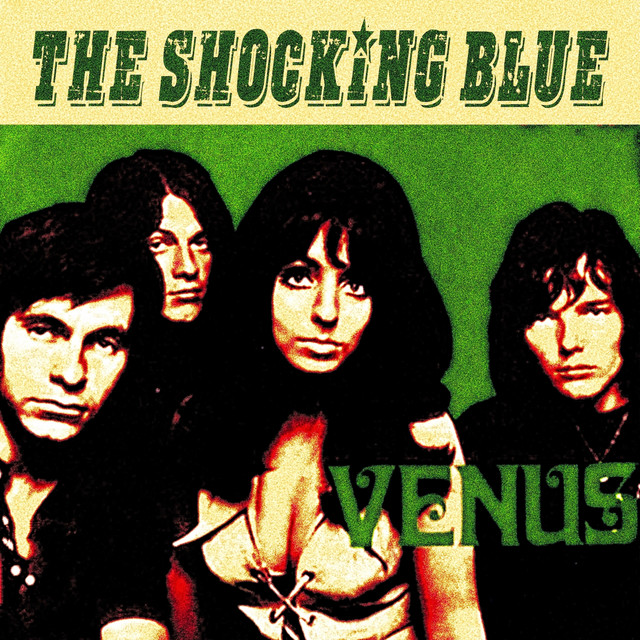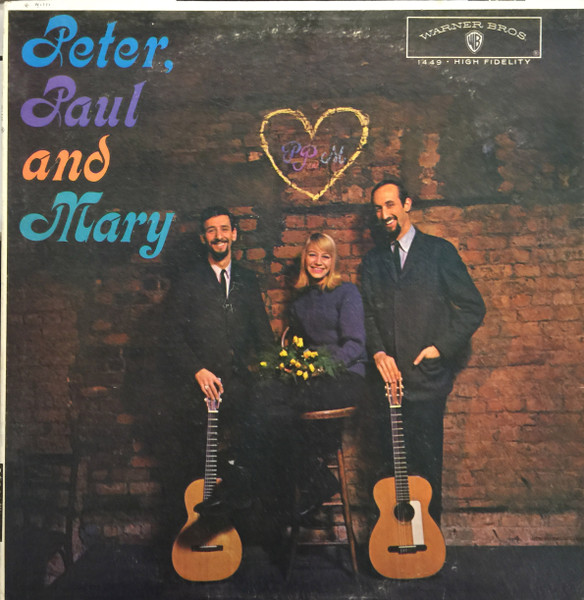 The Allman Brothers Band’s “Whipping Post” stands as one of the most iconic and emotionally charged songs in the history of Southern rock and American music at large. From its raw intensity to its complex musicality and deeply personal lyrics, “Whipping Post” embodies the spirit of struggle, suffering, and ultimately resilience. Originally released on their 1969 self-titled debut album, the song has become a defining anthem for the band and a touchstone for generations of music lovers who connect with its visceral portrayal of emotional torment and catharsis.
The Allman Brothers Band’s “Whipping Post” stands as one of the most iconic and emotionally charged songs in the history of Southern rock and American music at large. From its raw intensity to its complex musicality and deeply personal lyrics, “Whipping Post” embodies the spirit of struggle, suffering, and ultimately resilience. Originally released on their 1969 self-titled debut album, the song has become a defining anthem for the band and a touchstone for generations of music lovers who connect with its visceral portrayal of emotional torment and catharsis.
Gregg Allman, the band’s lead vocalist and keyboardist, wrote “Whipping Post” drawing heavily from his own experiences of heartbreak, frustration, and emotional pain. The lyrics convey a sense of personal suffering and the feeling of being punished, metaphorically likened to a whipping post—a device historically used to publicly flog individuals as a form of punishment. This metaphor of being subjected to relentless pain and hardship resonates through every verse, revealing the raw vulnerability and emotional weight carried by the song.
Musically, “Whipping Post” is a groundbreaking piece that fuses blues, rock, and jazz influences into a sprawling, dynamic composition that defies the typical structures of contemporary rock songs of its era. The song’s distinctive opening bass line, played by Berry Oakley, immediately sets a mood of tension and urgency. This iconic riff is both hypnotic and foreboding, inviting listeners into a sonic landscape where pain and power collide. The complex time signature, famously shifting between 11/8 and 12/8 measures, adds to the sense of instability and emotional unrest, mirroring the lyrical themes of turmoil.
The song’s arrangement builds from a slow, contemplative beginning into a fierce, intense crescendo that showcases the band’s virtuosity. Duane Allman’s searing slide guitar work is a highlight, weaving mournful melodies and fiery bursts of energy that evoke a sense of desperation and catharsis. His guitar solos throughout “Whipping Post” are widely regarded as some of the finest in rock history, blending technical skill with raw emotional expression. The interplay between Duane’s lead guitar and Dickey Betts’ complementary lines creates a rich, textured soundscape that enhances the storytelling.
Gregg Allman’s vocal delivery is another cornerstone of the song’s power. His gritty, soulful voice carries the pain and anger of the lyrics with a passionate intensity that is both haunting and deeply relatable. His phrasing and emotional nuance draw listeners into the psyche of a man overwhelmed by sorrow yet unwilling to surrender. The vocal lines often alternate between plaintive laments and fierce declarations, underscoring the song’s thematic contrast between vulnerability and defiance.
The rhythm section, anchored by Berry Oakley on bass and Butch Trucks and Jaimoe on drums, provides a complex and dynamic foundation that propels the song forward. The shifting rhythms and intricate percussion patterns heighten the song’s emotional volatility, shifting between moments of steady resolve and chaotic unrest. This rhythmic complexity was revolutionary at the time of the song’s release and contributed to the band’s reputation for pushing musical boundaries.
“Whipping Post” was a centerpiece of The Allman Brothers Band’s live performances, especially during their legendary shows at the Fillmore East in 1971. The live version of the song, particularly the 23-minute epic featured on the At Fillmore East album, expanded the song into an improvisational tour de force that showcased the band’s musicianship and emotional depth. This version became a hallmark of the band’s sound, capturing the raw energy and spontaneous creativity that made their concerts unforgettable.
The live “Whipping Post” is a transformative experience. It begins with a slow, deliberate build, gradually increasing in tempo and intensity until it reaches a frenzied peak of instrumental interplay and vocal passion. The extended solos allow each band member to express their individual artistry while contributing to the collective emotional narrative. The crowd’s reaction and the palpable energy in these performances elevated “Whipping Post” beyond a song into a shared cathartic ritual, connecting band and audience through the universal themes of pain and redemption.
Lyrically, “Whipping Post” is stark and evocative. Gregg Allman’s words convey a sense of entrapment and relentless suffering. Phrases like “Good Lord, I’m tired / I’ve been hurt so bad,” encapsulate the exhaustion and despair of a man beaten down by life’s hardships. The repeated references to a “whipping post” symbolize not only personal torment but also a broader human experience of enduring pain and injustice. The song’s narrative is both intensely personal and universally resonant, making it a powerful emotional statement.
The themes of “Whipping Post” go beyond individual suffering to touch on ideas of fate, resilience, and the search for meaning amid adversity. The song acknowledges the harsh realities of life but also carries an undercurrent of strength and endurance. The anguished cries and impassioned pleas within the lyrics reflect a struggle not only to survive but to find some form of redemption or release.
“Whipping Post” also reflects the cultural and musical context of its time. Emerging during the late 1960s, a period marked by social upheaval, political unrest, and cultural transformation, the song resonates with the collective feelings of frustration and alienation experienced by many. The Allman Brothers Band, with their fusion of blues, rock, and Southern musical traditions, gave voice to a generation seeking both authenticity and transcendence in music. “Whipping Post” stands as a monumental example of how music can articulate complex emotions and societal tensions through powerful storytelling and musical innovation.
The song’s impact on the development of Southern rock and rock music more broadly cannot be overstated. It helped establish The Allman Brothers Band as pioneers of a genre that combined bluesy roots with rock’s energy and improvisational spirit. The influence of “Whipping Post” can be heard in the work of countless artists who followed, from Lynyrd Skynyrd to Gov’t Mule to modern jam bands. Its blend of emotional intensity and musical complexity set a new standard for rock songwriting and performance.
Critically, “Whipping Post” has been praised for its daring composition and emotional honesty. Music critics often highlight the song’s ability to balance technical musicianship with raw, heartfelt expression. The song’s place on Rolling Stone magazine’s list of the 500 Greatest Songs of All Time and its frequent inclusion in “best of” Southern rock compilations attest to its enduring legacy.
The recording of “Whipping Post” on the band’s debut album is notable for its raw, almost live feel. Producer Adrian Barber captured the energy and spirit of the band without over-polishing the sound, preserving the song’s immediacy and emotional impact. This approach allowed listeners to feel the intensity and vulnerability of the performance, as if they were witnessing the band’s passion firsthand.
The legacy of “Whipping Post” also includes its role in solidifying the reputations of individual band members. Duane Allman’s guitar work on the track is often cited as some of his best, showcasing his pioneering slide guitar techniques and expressive phrasing. Gregg Allman’s vocals demonstrated his unique ability to convey deep emotion and connect with audiences. The rhythm section’s dynamic interplay highlighted the band’s cohesiveness and musical sophistication.
Beyond the music itself, “Whipping Post” has become a cultural symbol. It represents the archetype of the suffering artist and the universal human experience of pain and endurance. The song’s metaphor of the whipping post as a place of punishment and endurance resonates with audiences who have faced their own trials, making it a deeply empathetic and cathartic anthem.
Over the decades, “Whipping Post” has continued to inspire covers, tributes, and reinterpretations by a wide range of artists. Each rendition brings new nuances while honoring the original’s spirit. The song’s adaptability speaks to its powerful foundation in emotional truth and musical complexity.
In live settings, the band’s performances of “Whipping Post” remain legendary. The energy, improvisation, and emotional intensity delivered on stage elevate the song to an almost mythic status. Concertgoers experience the song not just as music but as a shared journey through pain and resilience. This communal aspect underscores the song’s lasting appeal and its place as a cornerstone of the Southern rock genre.
“Whipping Post” also exemplifies the Allman Brothers Band’s broader musical philosophy. Their blending of blues traditions with rock and jazz improvisation created a rich tapestry of sound that was innovative yet deeply rooted in American musical heritage. The song’s complex rhythms, extended solos, and emotional depth are hallmarks of this approach, reflecting the band’s commitment to pushing musical boundaries while honoring tradition.
The song’s influence extends beyond music into popular culture. References to “Whipping Post” appear in literature, film, and television, highlighting its status as a symbol of struggle and endurance. Its evocative title and powerful imagery continue to resonate, making it a phrase synonymous with hardship and perseverance.
Ultimately, “Whipping Post” by The Allman Brothers Band is a monumental work that captures the essence of human suffering and the search for redemption through music. Its raw honesty, musical innovation, and emotional depth have secured its place as one of the greatest songs in rock history. Decades after its release, it continues to inspire, move, and connect listeners, embodying the enduring power of music to express the complexities of the human condition.


